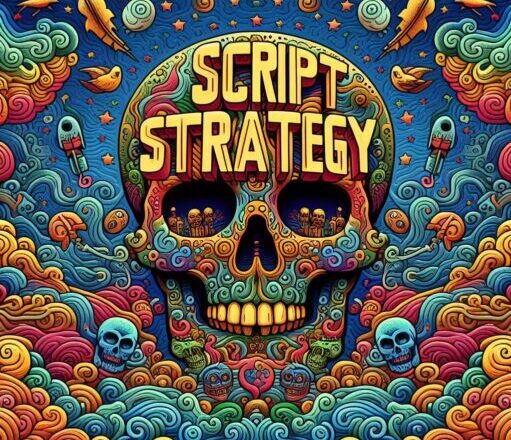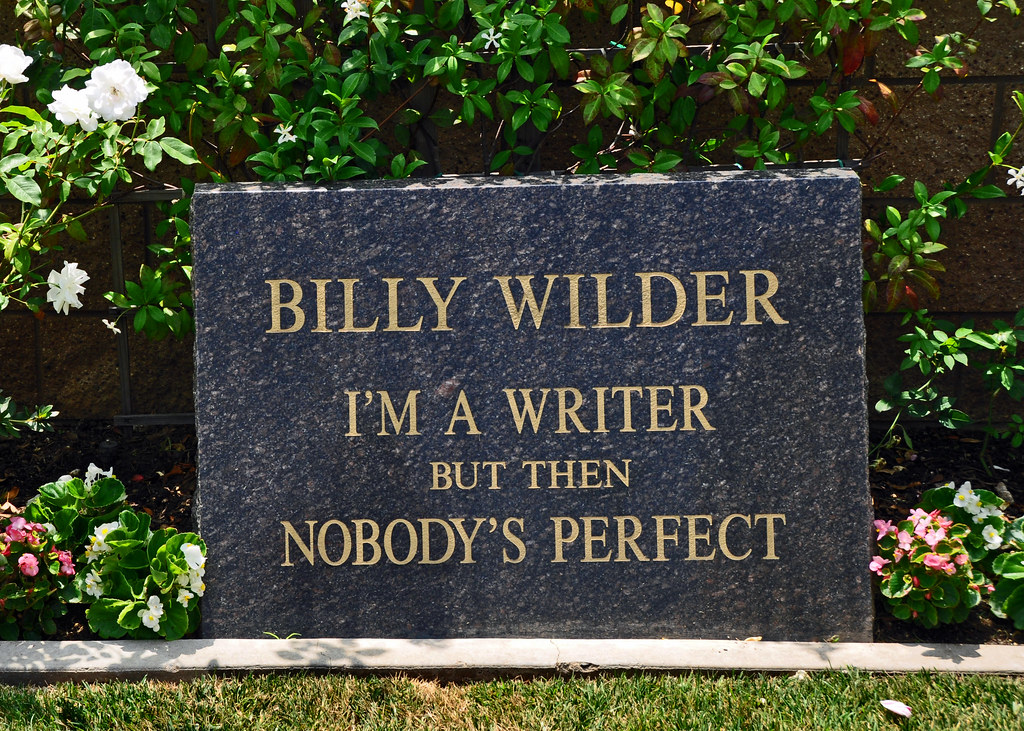Blog
Blog
How to Solve Story Problems Without Logic: Techniques
July 3, 2025
Blog
Five Examples of the Midpoint for Screenwriters
January 29, 2026
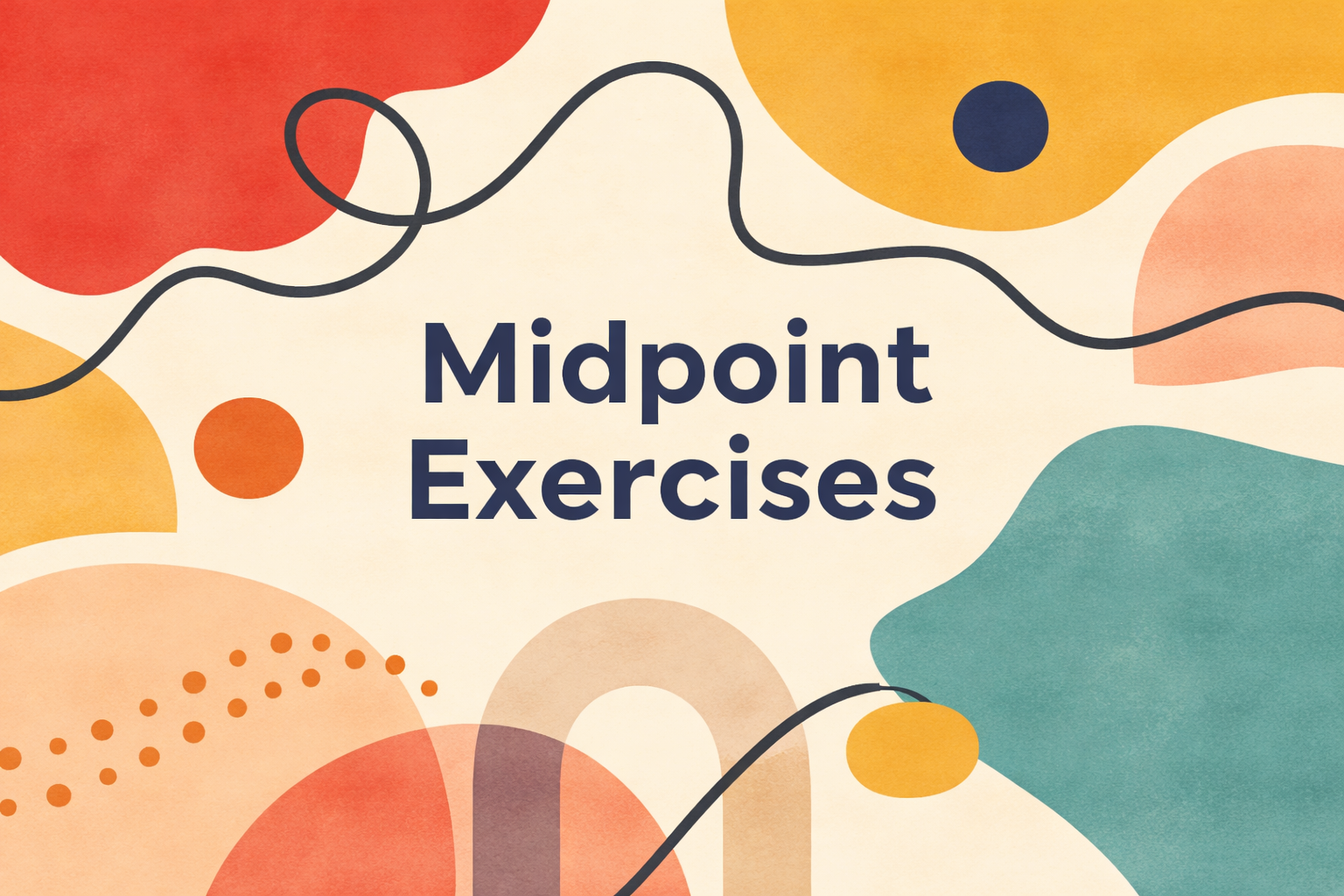
Blog
How to Write an Open Ending: 3 Examples for Screenwriters
July 1, 2025
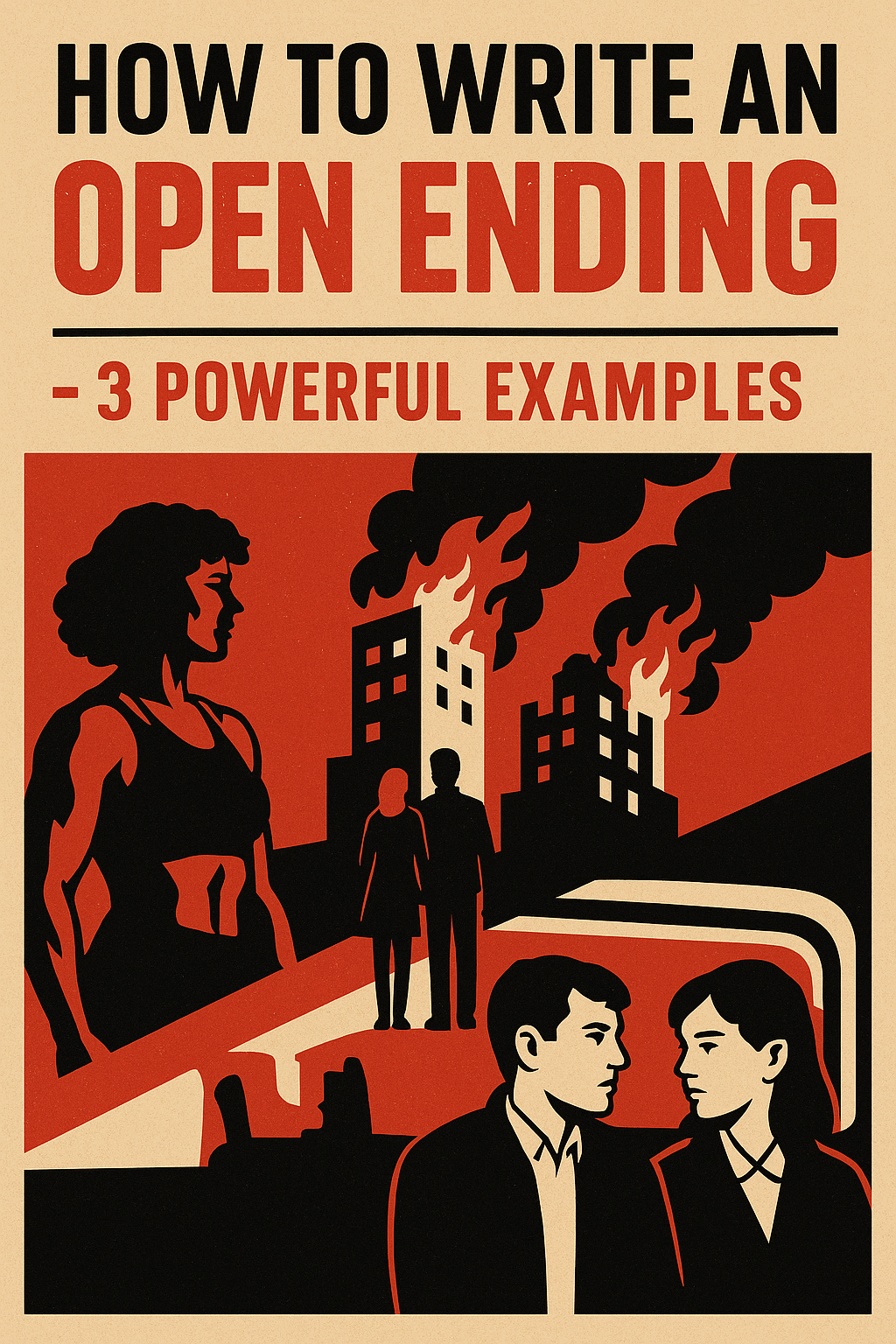
Blog
How to Write a “Fun and Games” Section (Rising Action) for Screenwriters
June 27, 2025
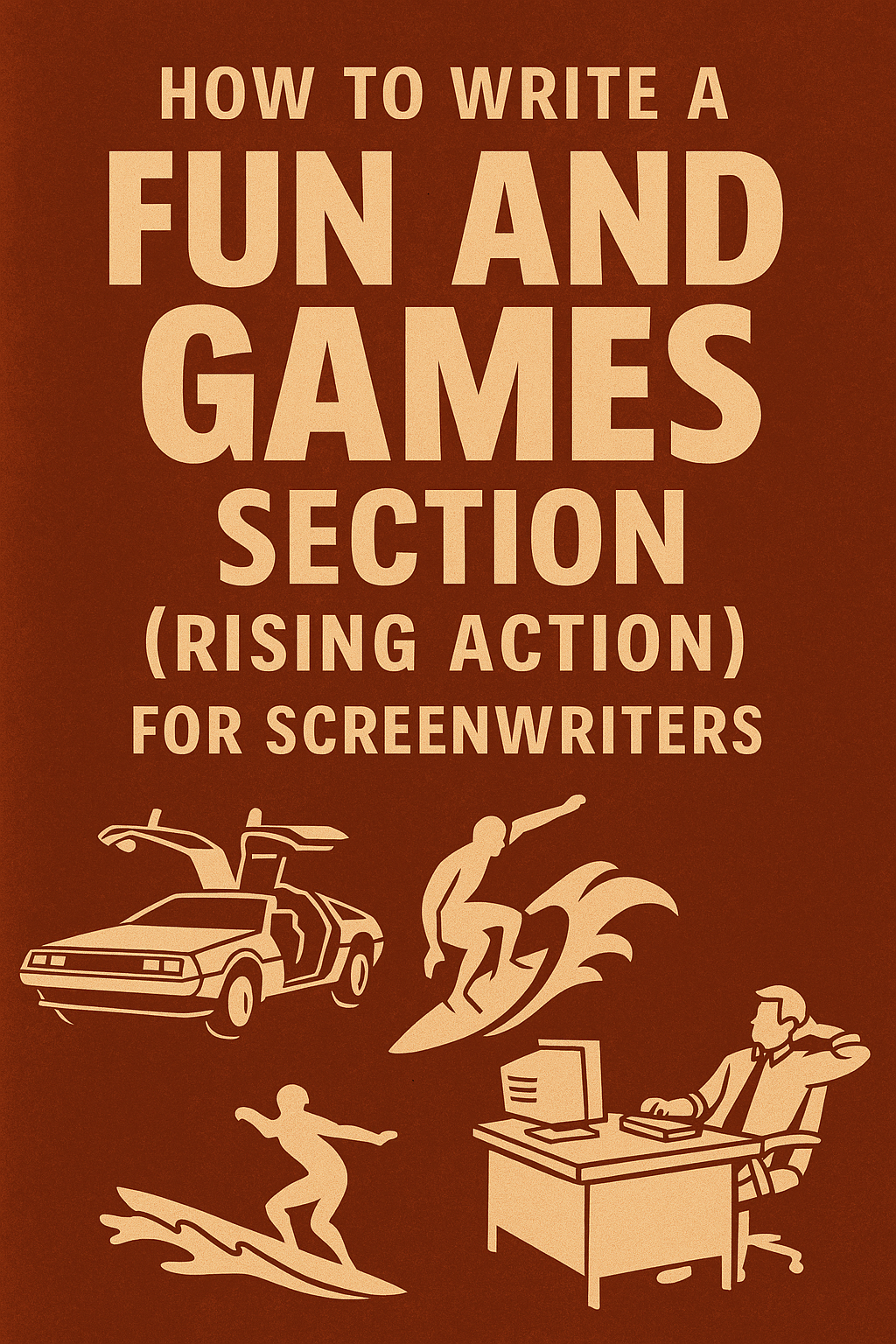
Blog
Screenwriting for Busy Professionals
June 27, 2025

Uncategorized
The art of storytelling through illustration techniques
June 25, 2025

Uncategorized
Transforming your ideas from sketchbook to illustration
June 25, 2025
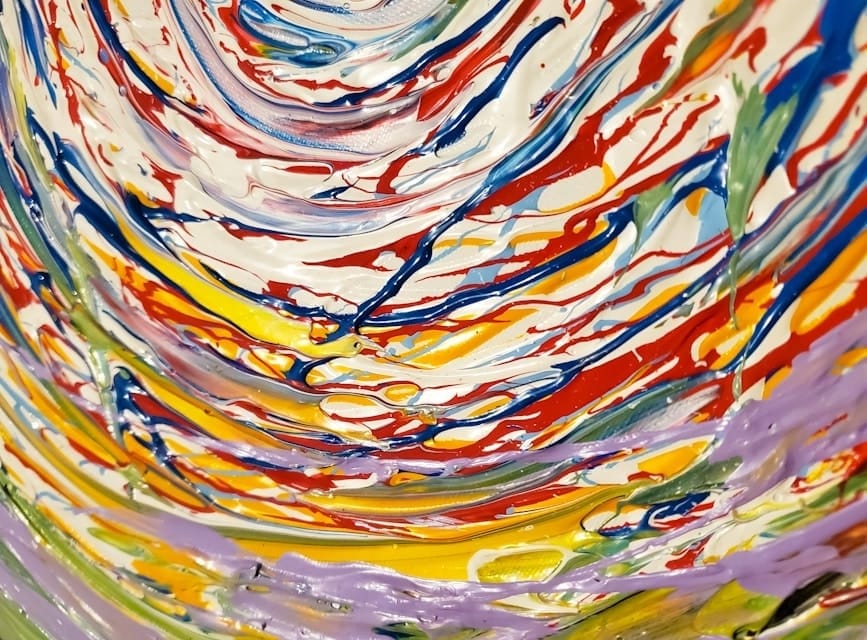
Uncategorized
How to enhance your creativity with free digital tools
June 25, 2025
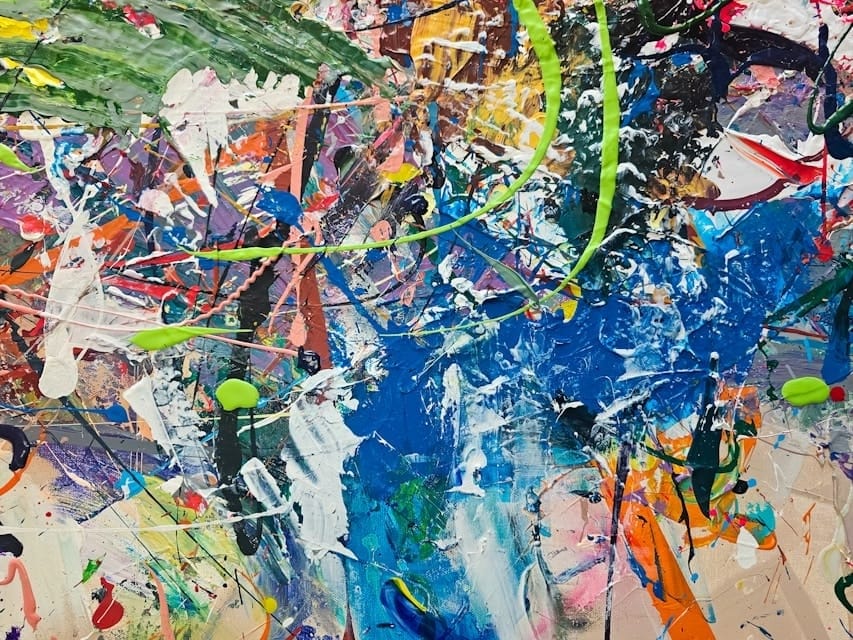
Uncategorized
Essential advice for digital illustrators seeking success
June 25, 2025
Uncategorized
Finding inspiration in the digital art world around you
June 25, 2025
